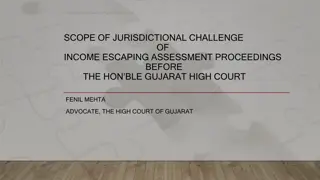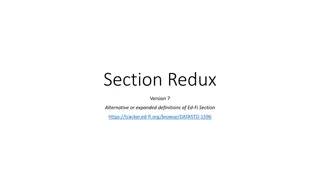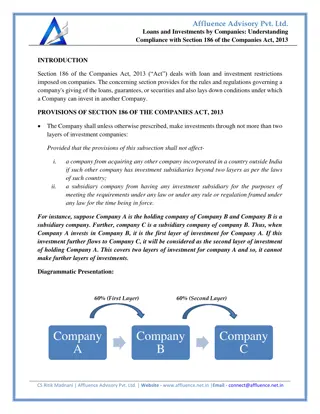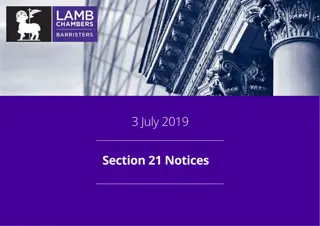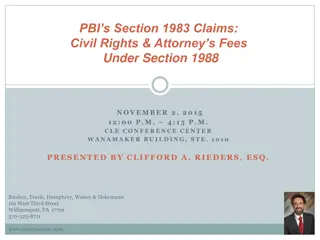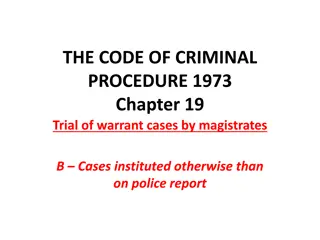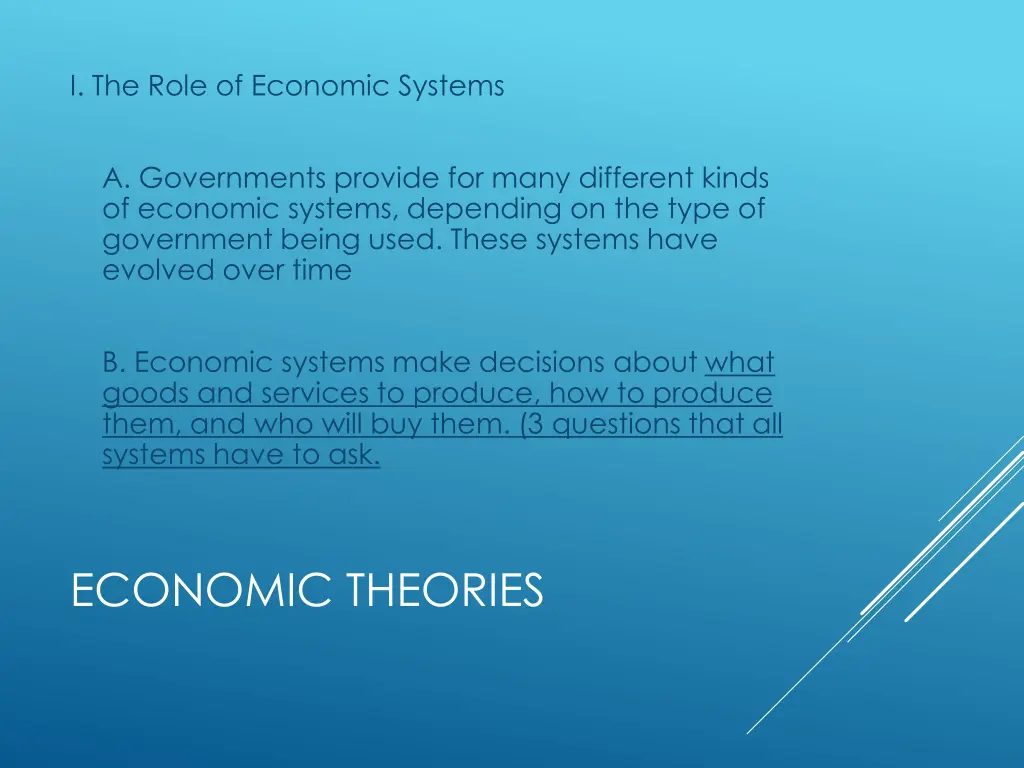
Understanding Economic Systems: Capitalism, Socialism, and Communism
Governments provide different economic systems, such as capitalism, socialism, and communism, each with its own principles and approaches towards production, distribution, and ownership. Capitalism emphasizes private ownership and free enterprise, while socialism involves government ownership and control of resources. Communism, based on Karl Marx's ideas, envisions a classless society where the government owns all resources. Explore the evolution and characteristics of these economic systems to gain a comprehensive understanding of how economies function.
Uploaded on | 0 Views
Download Presentation

Please find below an Image/Link to download the presentation.
The content on the website is provided AS IS for your information and personal use only. It may not be sold, licensed, or shared on other websites without obtaining consent from the author. If you encounter any issues during the download, it is possible that the publisher has removed the file from their server.
You are allowed to download the files provided on this website for personal or commercial use, subject to the condition that they are used lawfully. All files are the property of their respective owners.
The content on the website is provided AS IS for your information and personal use only. It may not be sold, licensed, or shared on other websites without obtaining consent from the author.
E N D
Presentation Transcript
I. The Role of Economic Systems A. Governments provide for many different kinds of economic systems, depending on the type of government being used. These systems have evolved over time B. Economic systems make decisions about what goods and services to produce, how to produce them, and who will buy them. (3 questions that all systems have to ask. ECONOMIC THEORIES
PRIVATE OWNERSHIP AND CONTROL OF PROPERTY AND ECONOMIC RESOURCES Natural Resources, Labor, Entrepreneurship, Capital equipment. FREE ENTERPRISE (ANYONE CAN OPEN A BUSINESS) COMPETITION FREE CHOICE PROFIT MOTIVE CHARACTERISTICS OF CAPITALISM
ECONOMIC THEORIES, CONT II. Capitalism (Adam Smith) A. based on free enterprise, or individual economic choices (Laissez-faire) Government should stay out of the economy. B. developed gradually from the economic and political changes in medieval and early modern Europe. C. The United States has a capitalist economy, but government plays a role. (Mixed Economy) D. Government s role in the U.S. economy has increased since the early 1900s. With the Great Depression the Federal government got more involved. E. Today the United States has a mixed market economy, incorporating both free enterprise and government regulation of business and industry.
III. Socialism (2 types) Democratic Socialism (Europe) Authoritarian Socialism (China, No. Korea, Venezuela) A. government owns the basic means of production, (natural resources, labor, ownership and capital equipment) plans the use of resources, distributes many products and wages, and provides basic social services. B. developed in Europe during the nineteenth century, during the industrial revolution. C. Some socialists favored taking over the government by means of revolution, while other socialists believed in democratic socialism, in which economic conditions change peacefully and people have some freedoms and rights. ECONOMIC THEORIES, CONT D. Socialist governments have taken power in several countries; however, critics argue that this economic system fails to solve most economic problems.
IV. Communism A. based on the nineteenth-century ideas of Karl Marx (1818-1883), who argued that capitalism exploited workers (proletariat) to benefit a small group of capitalists (bourgeoisie) who controlled the economy. Mark s ideas were outlined in his book: The Communist Manifesto B. Marx predicted workers would eventually rise in a violent revolution, which would result in government ownership of all means of production and distribution; when all property was held in common, there would be no need for government. ECONOMIC THEORIES, CONT C. In communist nations, government makes all economic decisions; owns the land, natural resources, industry, banks, and transportation system; and controls all mass communication.

